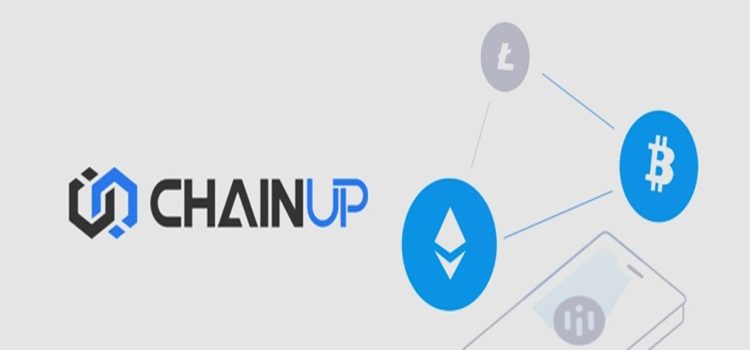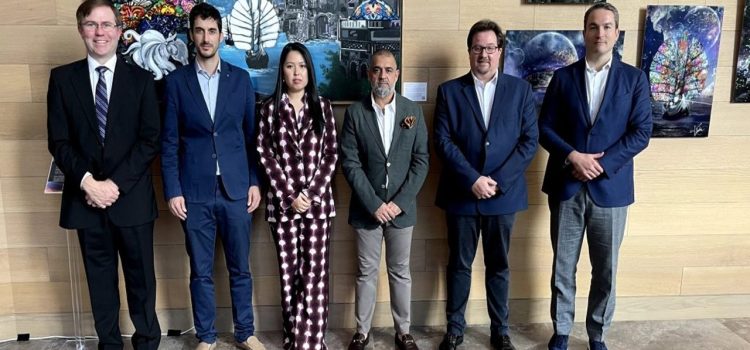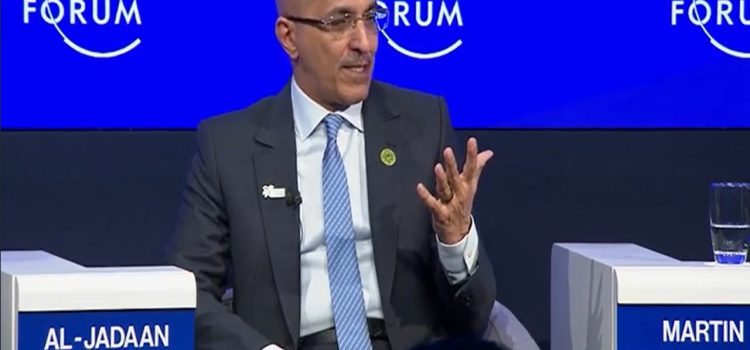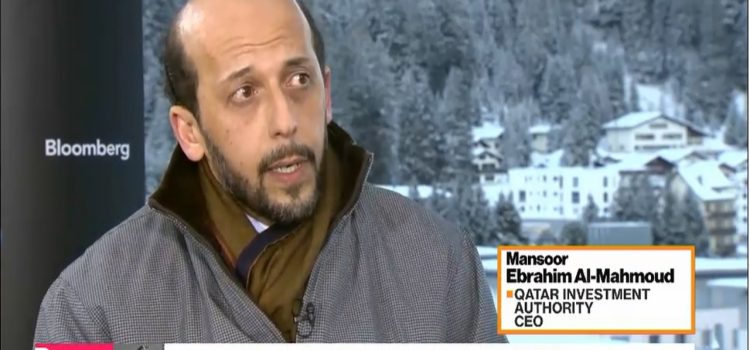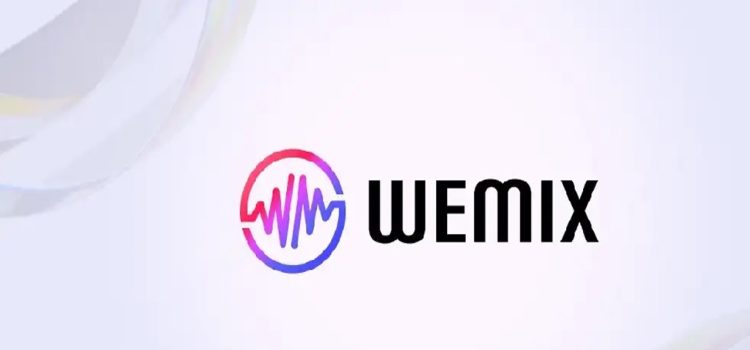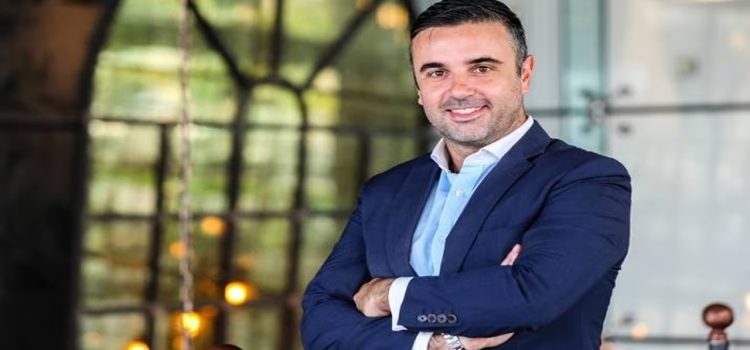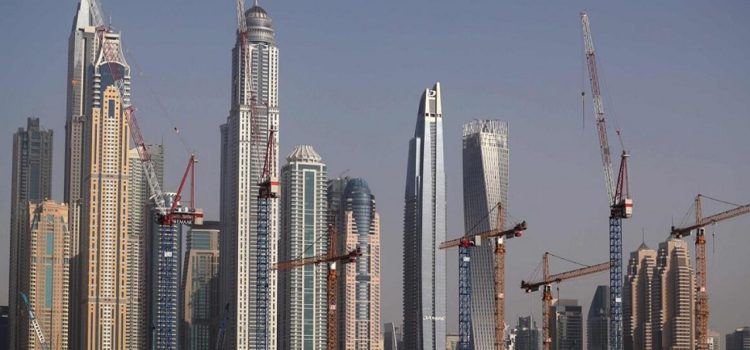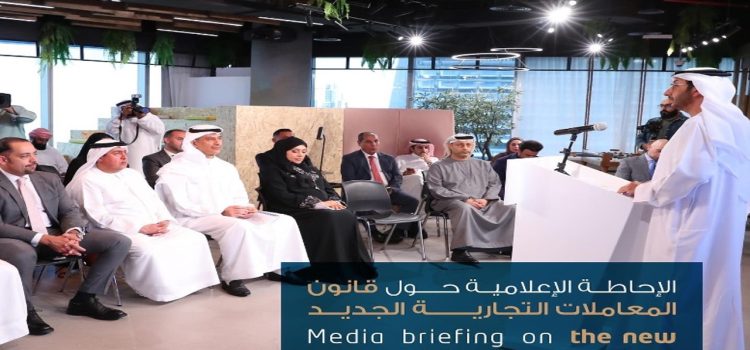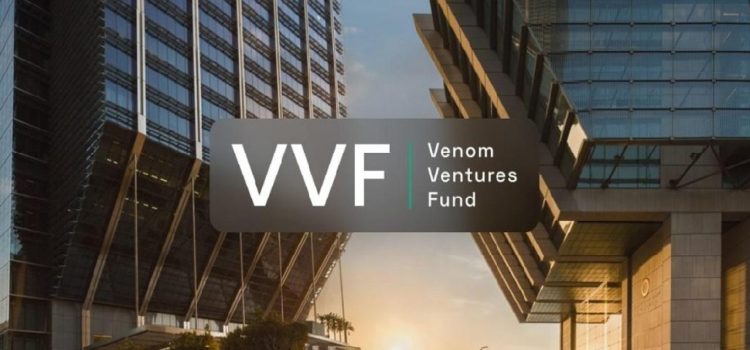In what seems to be a great start for Blockchain and Web3 ecosystem in the MENA region, the first $1 billion fund was announced by UAE based Venom Foundation and Iceberg Capital under Venom Ventures Fund.
As per the press release, Venom Ventures Fund is allocating $1 billion to invest in Web3, blockchain and cryptocurrency projects and services. This is the first $1 billion fund for Web3 and Blockchain to originate from the MENA region. Prior to this UAE Cypher Capital had announced its allocation of $200 million for Blockchain, Web3 and Crypto at the end of 2022 and Shurooq Partners had allocated $150 million for the same.
Venom Foundation is the first Layer-1 blockchain licensed and regulated by the Abu Dhabi Global Market (ADGM). In October 2022, Venom Foundation added a regulated virtual asset exchange to its roster. The UAE based exchange formerly known as Yoshi Markets was re-names to Venomex. Venomex had received financial services permission from FSRA at ADGM allowing it to operate as a multilateral trading facility and custodian for virtual assets.
As for the blockchain-agnostic fund, it will invest in innovative protocols and Web3 dApps, focusing on long-term trends such as payments, asset management, DeFi, banking services, and GameFi. It aims to become the leading supporter of the next-generation digital technologies and entrepreneurs.
Venom Ventures Fund (VVF) will leverage Iceberg Capital’s network, expertise, and capabilities to offer incubation programs and access to an extensive industry network. Furthermore, it will assist the investee projects with marketing, exchange listing, technical, legal, and regulatory support.
The fund’s leadership team consists of experienced traditional finance and blockchain professionals; including Peter Knez, ex-CIO at BlackRock and Mustafa Kheriba, a seasoned and well-known investment professional with an impressive track record in the MENA region. Mustafa has served on the Board of Directors of several financial services and insurance companies in the Middle-east and Europe.
As per the announcement, the fund operated by Iceberg Capital, will be investing in projects and teams from pre-seed to Series A rounds. It will strive to accelerate the adoption of blockchain, DeFi, and Web3 while generating long-term value for investors.
Mustafa Kheriba, the Executive Chairman of Iceberg Capital, stated, “We are thrilled to partner with Venom Foundation, launching their new $1 billion fund. Even though the blockchain industry is witnessing a steep correction in prices, we believe that builders will continue to build and innovate. With Venom Ventures, we will be providing financial, technical, and marketing support to the most promising teams and projects in Web3 space to help them bring their visions to life.”
Peter Knez, Chairman of Venom Ventures, added, “I am delighted to be a part of the launch of our new Venture Capital fund here in Abu Dhabi. I am excited to work with a team of experienced investment professionals and talented people from the crypto industry, and we are ready to allocate strategic investments in the most innovative web3 start-ups that are poised for mass adoption. Our mission is to transform digital asset management and make a lasting impact on the industry. Venom is the ideal platform for us to achieve this goal.”
With regards to investments, already Venom Ventures Fund (VVF) has led a $20 million funding in Nümi Metaverse. Nümi Metaverse is a universal platform for creators, innovators, and followers. Nümi will launch its ‘Visual Novel’ in 2023, a mini-game experience with a range of special prizes for players.
Nümi will also launch VR metaverse by the end of this year, followed by a PC and mobile version in 2024. The Nümi investment showcases the fund’s investment strategy. Developers and builders working on innovative Web3 projects are invited to apply for funding through the Venom Ventures Fund website.
In an interview with Cointelegraph, Venom Ventures chairman Peter Knez noted that the Venom Foundation, its founders and regional institutional and private investors had seeded capital for the fund. The fund will support companies and projects with a global footprint and is not limited to Abu Dhabi-based firms.
The investment fund will look to attract startups and technology firms to use Venom’s scalable, proof-of-stake-based blockchain solution. Knez highlighted key services that could operate on top of its ADGM-regulated blockchain:
“Payment systems, central bank digital currencies (CBDC), stablecoins and remittance are core services that Venom can provide a solution for due to our unique blend of technology and enterprise.”Knez also believes that the platform could power a multitude of use cases, highlighting the potential for micropayment solutions driving Web3 business models and financial inclusion.









